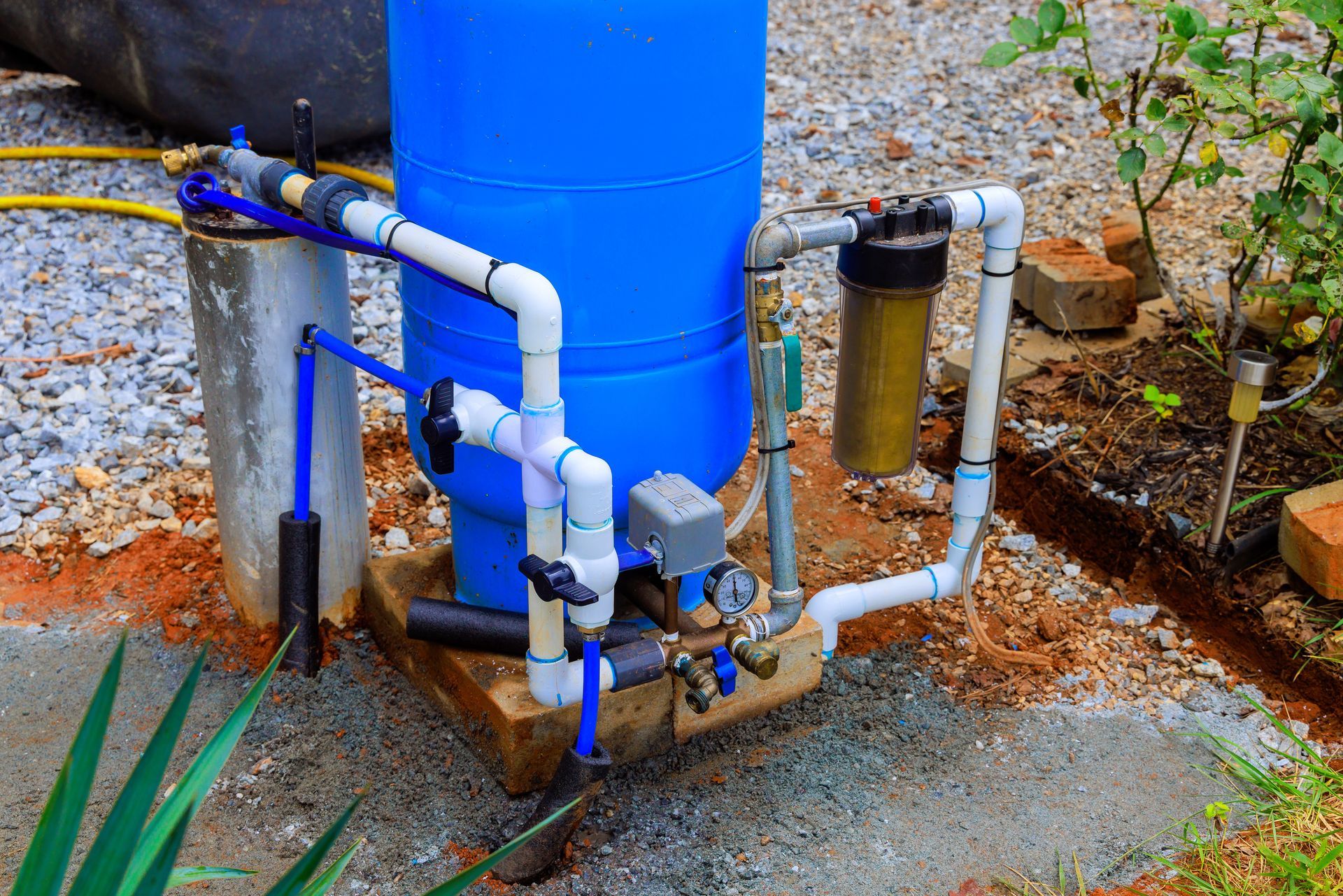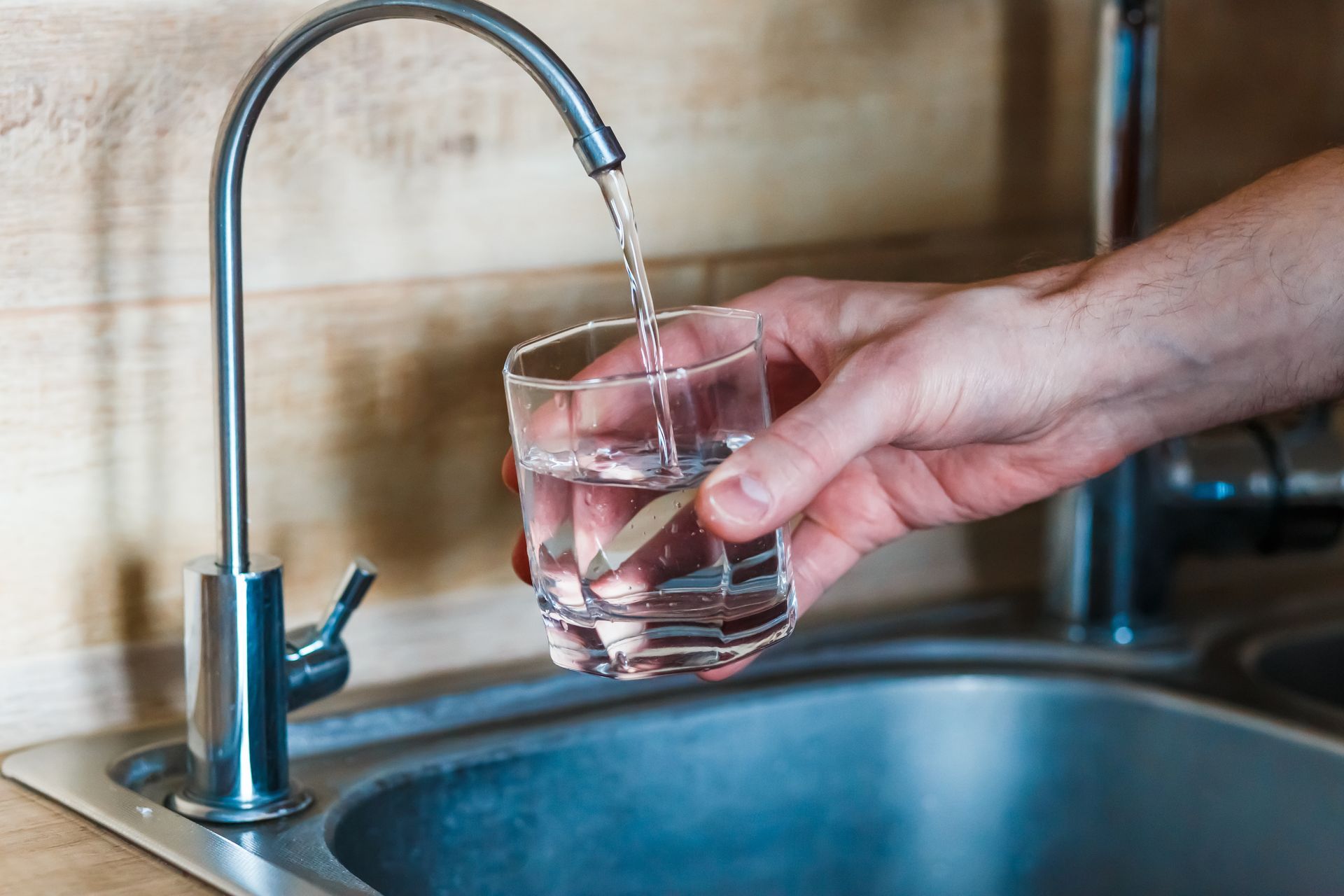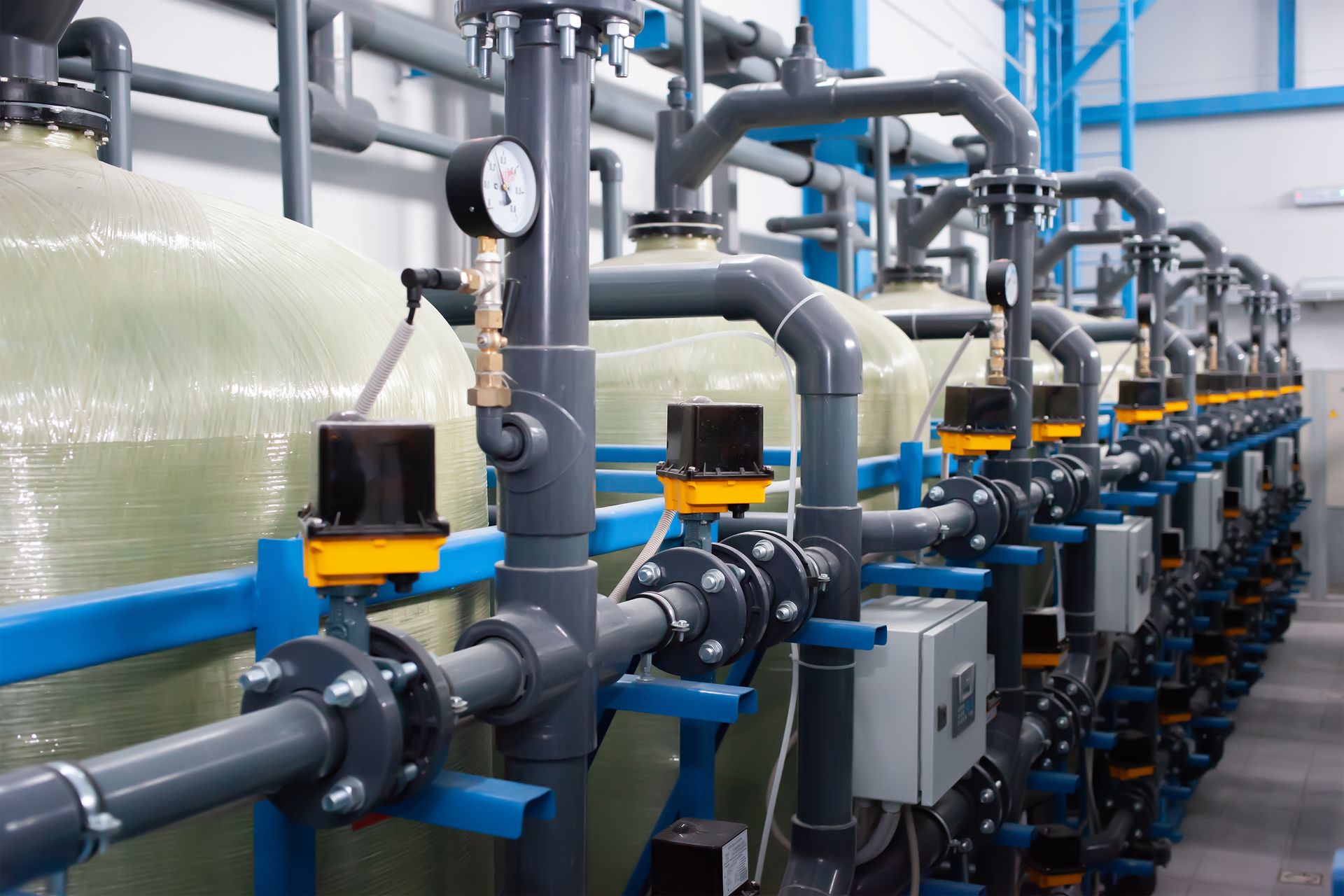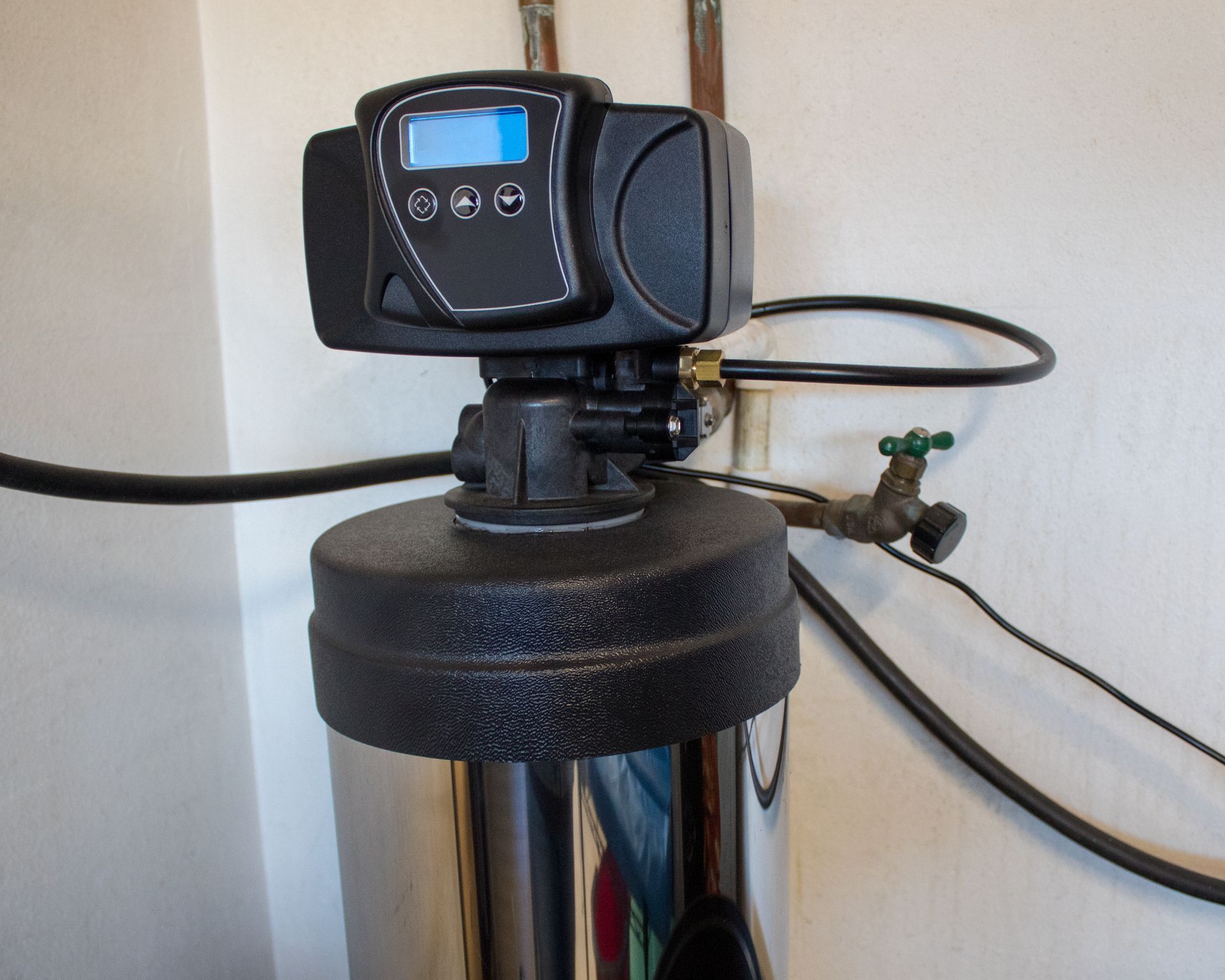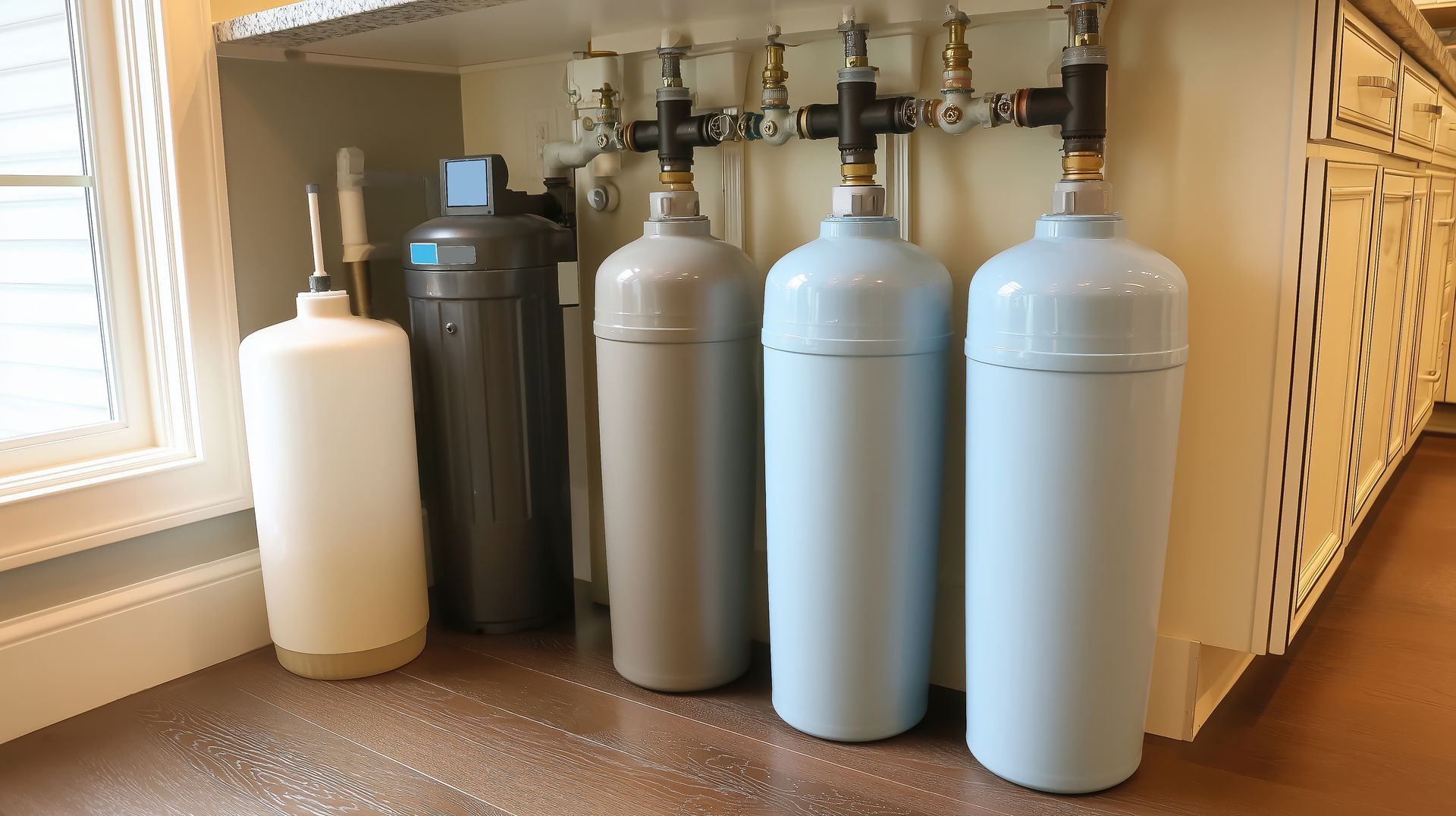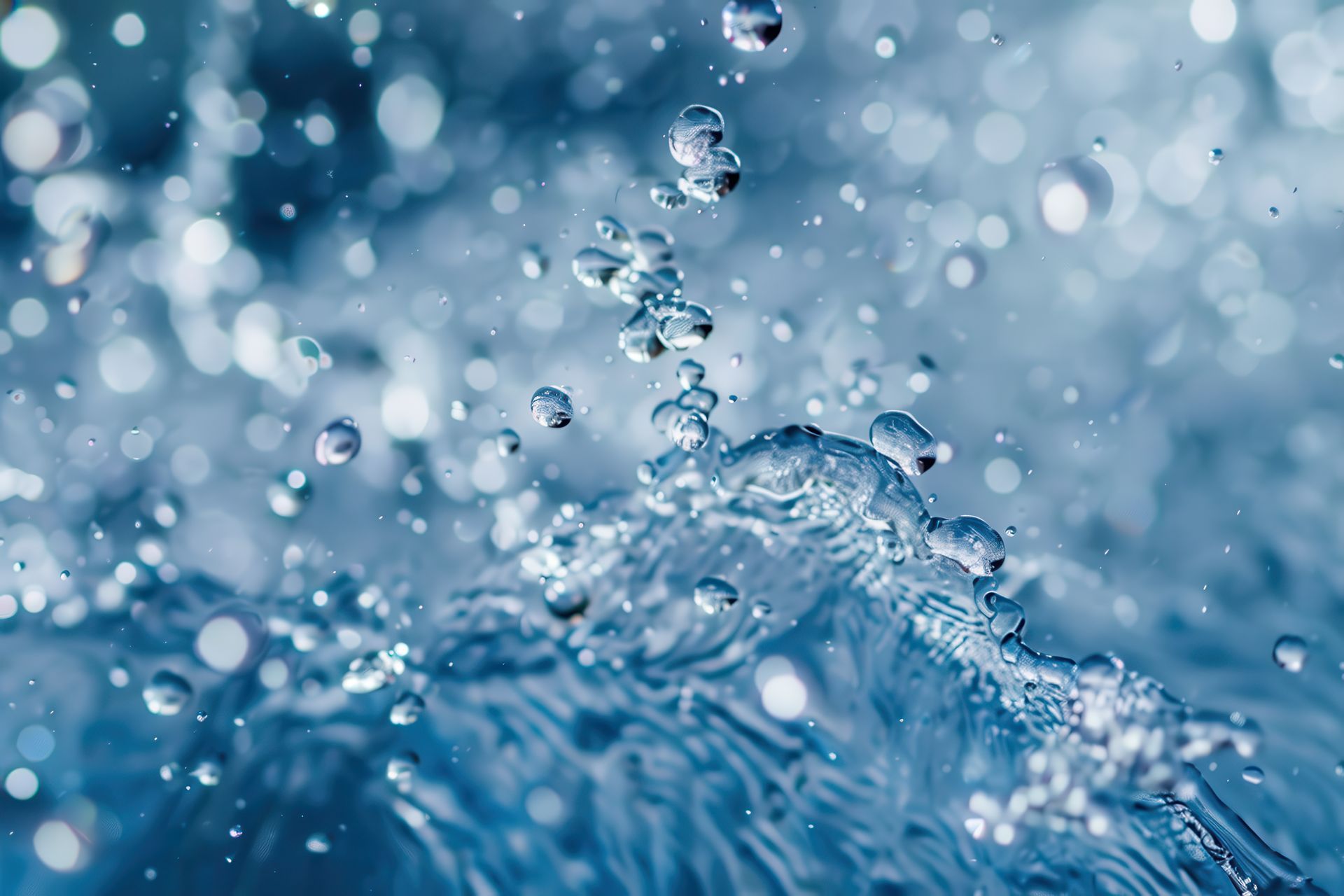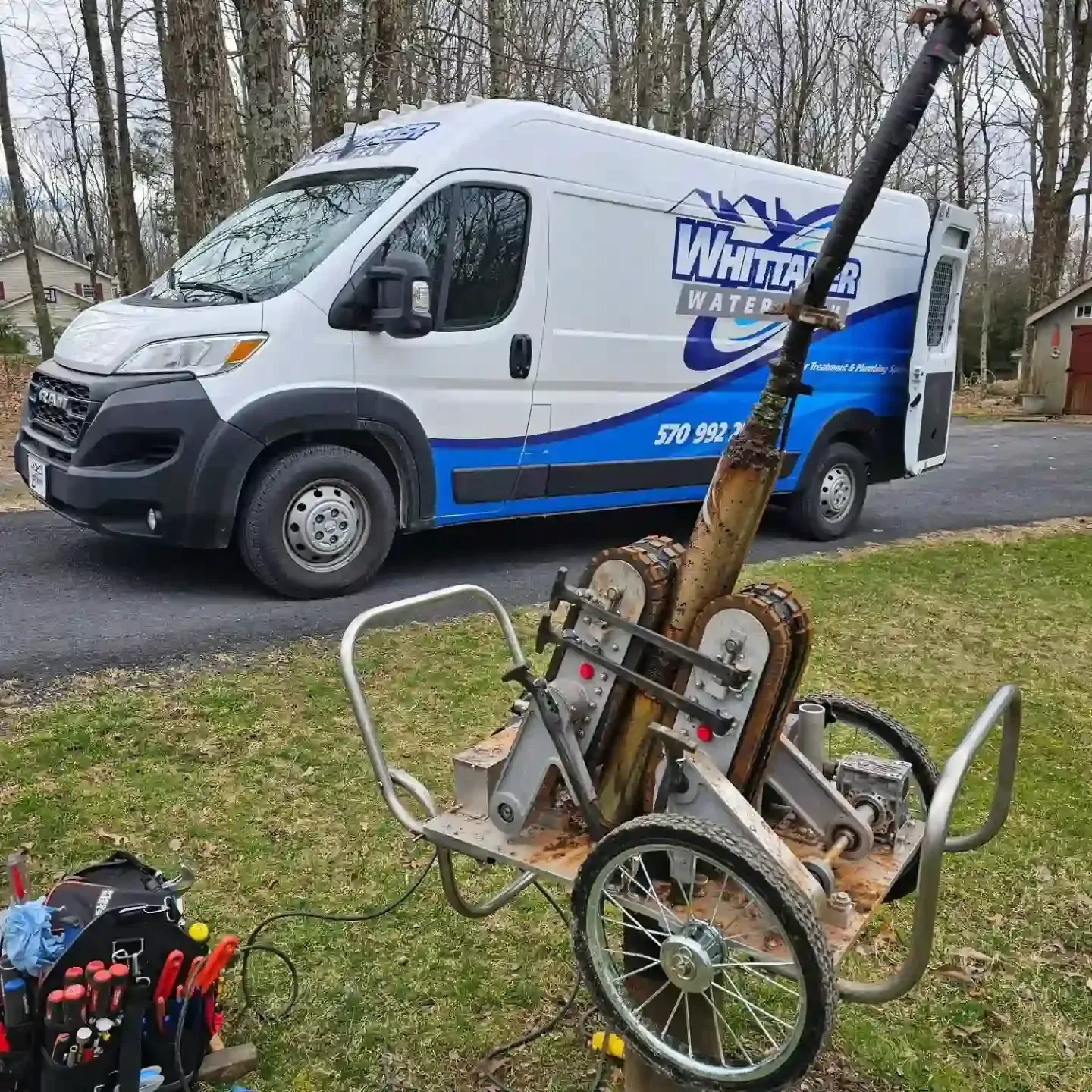How Can You Tell If Your Water Treatment System Is Malfunctioning in Winter?
November 12, 2025
When temperatures drop, most homeowners think about frozen pipes—but few realize that winter can also impact water treatment systems. Cold weather, power fluctuations, and changing water conditions can all affect how your system performs.
At Whittaker Water Tech, we often see service calls spike in the winter months due to performance issues caused by temperature shifts. If your water suddenly tastes different, pressure drops, or filters clog faster than usual, your system may be struggling to keep up.
Here’s how to tell if your water treatment system is malfunctioning—and what to do before it becomes a bigger problem.
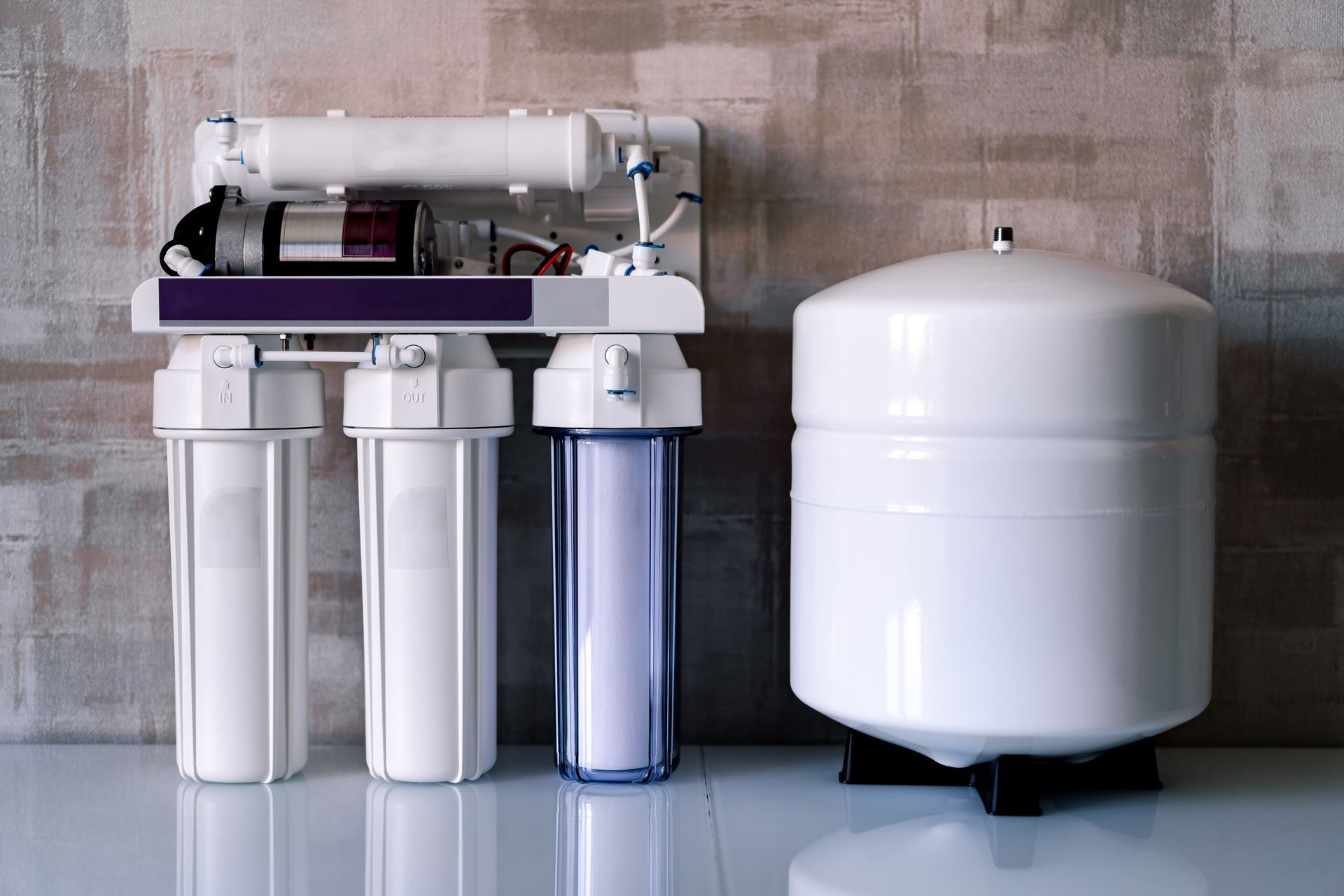
1. Sudden Changes in Water Taste or Odor
If your water starts tasting metallic, earthy, or unusually bitter, it’s one of the clearest signs your filtration system isn’t doing its job properly. The same goes for unpleasant smells like sulfur or chlorine.
Cold temperatures can cause sediment and minerals to shift in underground wells and pipes, overloading filters or softeners. When your system can’t keep up, impurities begin making their way back into your tap.
A quick diagnostic or filter replacement can often restore clarity and freshness before it escalates into a full system failure.
2. Drop in Water Pressure
A noticeable decrease in water pressure during winter could signal that your water treatment system—or its related plumbing—is restricted by freezing, mineral buildup, or clogged filters.
If you notice weaker flow at multiple faucets, check your system’s pressure gauge or bypass valve. Filters, resin tanks, or pre-treatment units may need cleaning or backwashing.
Ignoring low pressure can strain your pump and shorten your system’s lifespan, especially in colder months when your plumbing is already under stress.
3. Unusual Noises from the System
A properly running water treatment system should operate quietly. If you hear hissing, gurgling, or clicking sounds, something’s off.
Winter weather can cause pipes to contract and valves to stiffen, leading to uneven flow or internal pressure changes. These noises might indicate air leaks, malfunctioning valves, or freezing within exposed components.
Early attention prevents cracked tanks, damaged seals, and costly repairs down the line.
4. Fluctuating Water Temperature or Flow
If your hot water takes longer to heat or your flow changes unexpectedly, your treatment system could be restricting supply to your heater.
Sediment accumulation or frozen pre-filters can reduce water flow to connected systems, causing uneven pressure throughout your home. Left unchecked, this can stress both your water heater and filtration unit, resulting in expensive mid-winter repairs.
5. Water Appears Cloudy or Discolored
Clean, filtered water should be clear. If it looks cloudy, rusty, or tinted, it could mean your filtration media needs to be replaced.
In winter, condensation, iron, or sediment from older plumbing can enter your system, especially if it hasn’t been serviced recently. Regular maintenance ensures that filters, membranes, and resin tanks remain effective, even in cold conditions.
6. Your System Cycles More Frequently
If you hear your system regenerating more often than usual, it could be compensating for poor water quality or a malfunctioning valve. Over-cycling wastes water and salt, driving up costs while reducing efficiency.
This is especially common in water softeners and reverse osmosis systems during winter, when fluctuating temperatures affect water chemistry.
7. Increased Energy or Salt Usage
When your water softener or treatment system suddenly starts consuming more salt, electricity, or water, something’s not right. These spikes often point to clogged lines, worn parts, or system calibration issues.
Routine winter checkups ensure everything runs smoothly and keeps your operating costs under control.
Conclusion: Winter Doesn’t Have to Slow Your System Down
Cold weather may be tough on your plumbing, but with the right care, your water treatment system can perform flawlessly all season long.
If you’ve noticed changes in taste, pressure, or performance, don’t wait for spring to fix it—these small signs can lead to bigger issues fast.
At Whittaker Water Tech, our team provides expert winter maintenance, filter replacements, and diagnostics to keep your water clean, efficient, and reliable year-round. Because your family deserves clear, healthy water—no matter how cold it gets outside.

